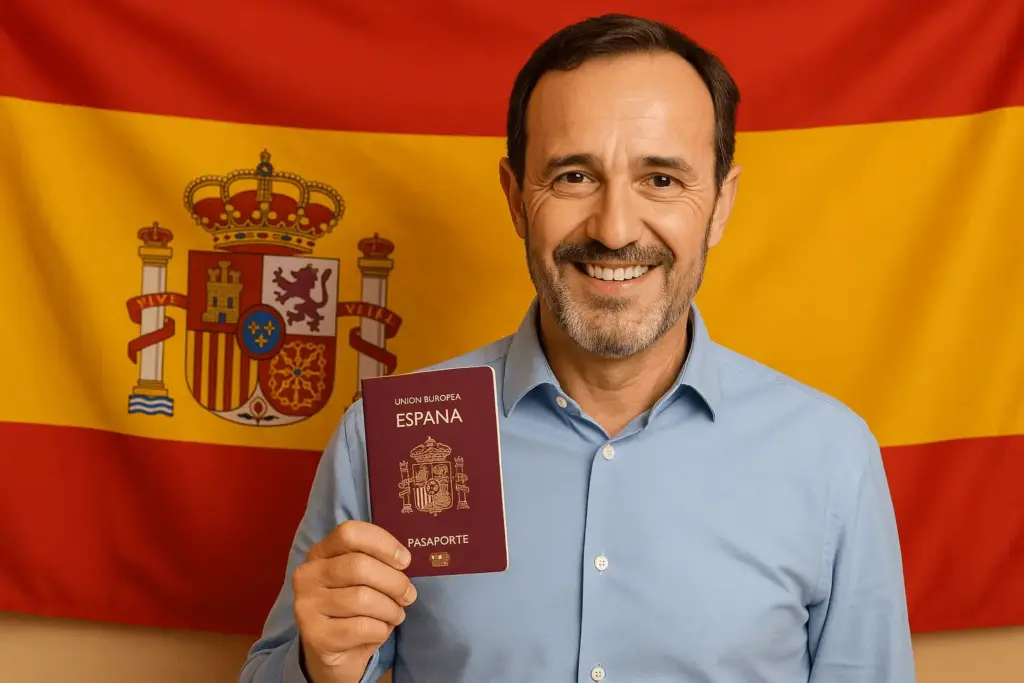On 31 January 2020, the United Kingdom officially left the European Union. However, until the end of the transition period on 31 December 2020, travel and immigration rules remained the same. Now that the transition period has ended, Britons no longer have an automatic right to live and work in the EU. As a result, UK citizens travelling to Spain for tourism, study, work or residency will be subject to different rules.
The EU-UK Withdrawal Agreement, approved by both sides in late January 2020, guarantees UK citizens who are legally resident in Spain the same rights they enjoyed before Brexit. They can therefore freely live, work and travel in the European Union, although they lose these rights if they leave the EU for five years or longer.
Short-term travel visa free
The EU has added the UK to its list of 61 visa-exempt nations. This means that UK citizens travelling to Spain are allowed to stay for up to 90 days in any 180-day period without the need for a visa. Travellers wishing to stay for longer, work or study will still need to apply for the relevant visa. Information regarding which types of visa are required is available on the website of the Spanish Embassy in London.
Entry through the non-EU lane
The entry process itself will now look different. Britons will no longer use the EU immigration queues in Spanish ports and airports and may be asked about the purpose and length of their stay by border guards. They will need to ensure they have travel insurance and that their passport is valid for at least 6 months past the end of their stay. It may also be necessary to show an onward or return ticket, and the border guards may require to provide proof of sufficient funds (as off today, 90€ per day of the intended stay in Spain).
Residents before 31 December 2020
British citizens already living in Spain before the end of the transition period were required to apply for resident status before 31 December 2020 to maintain their rights. According to the reciprocal agreement signed between the United Kingdom and Spain in January 2019, British citizens legally resident in Spain will have the right to vote and stand as candidates in local elections, though not in general, regional or European Parliamentary elections.
Britons registering for residency in Spain for the first time between 6 July 2020 and 31 July 2020 received a biometric residence card called the Tarjeta de Identidad de Extranjero (TIE). This card proves their rights under the Withdrawal Agreement. Those who registered before 6 July 2020 will instead have a green A4 certificate or credit card-sized piece of paper, called the ‘Certificado de Registro de Ciudadano de la Unión Europea’, issued by the Immigration police. These are still valid and can be exchanged for the new TIE, though for now it is not obligatory to do so.
Moving after 1 January 2021
UK citizens willing to relocate to Spain after the withdrawal deadline will need to obtain a residence authorization first, on the same conditions as other third country nationals. Our previous article on this topic may also come here in handy. The type of residence will depend on the particular circumstances of each person. The Spanish Consulate in London provides some information on applicable permits.
Given the complexity of the Immigration rules, it is a good idea to ask for the advice of a Spanish lawyer to help you through the process. You can find here a list of English-speaking lawyers in Spain.
Professional qualifications and driving licenses
Those who wish to work in Spain post-Brexit will also need to ensure that their professional qualifications are recognised in the EU.
In addition, UK driving licenses will only be valid for use until the end of June 2021 and can be exchanged for a Spanish one at the Dirección General de Tráfico (DGT).
For more information and requirements relating to the coronavirus pandemic, please see the UK Government’s Living in Spain guidance and Foreign Travel Advice: Spain page.




